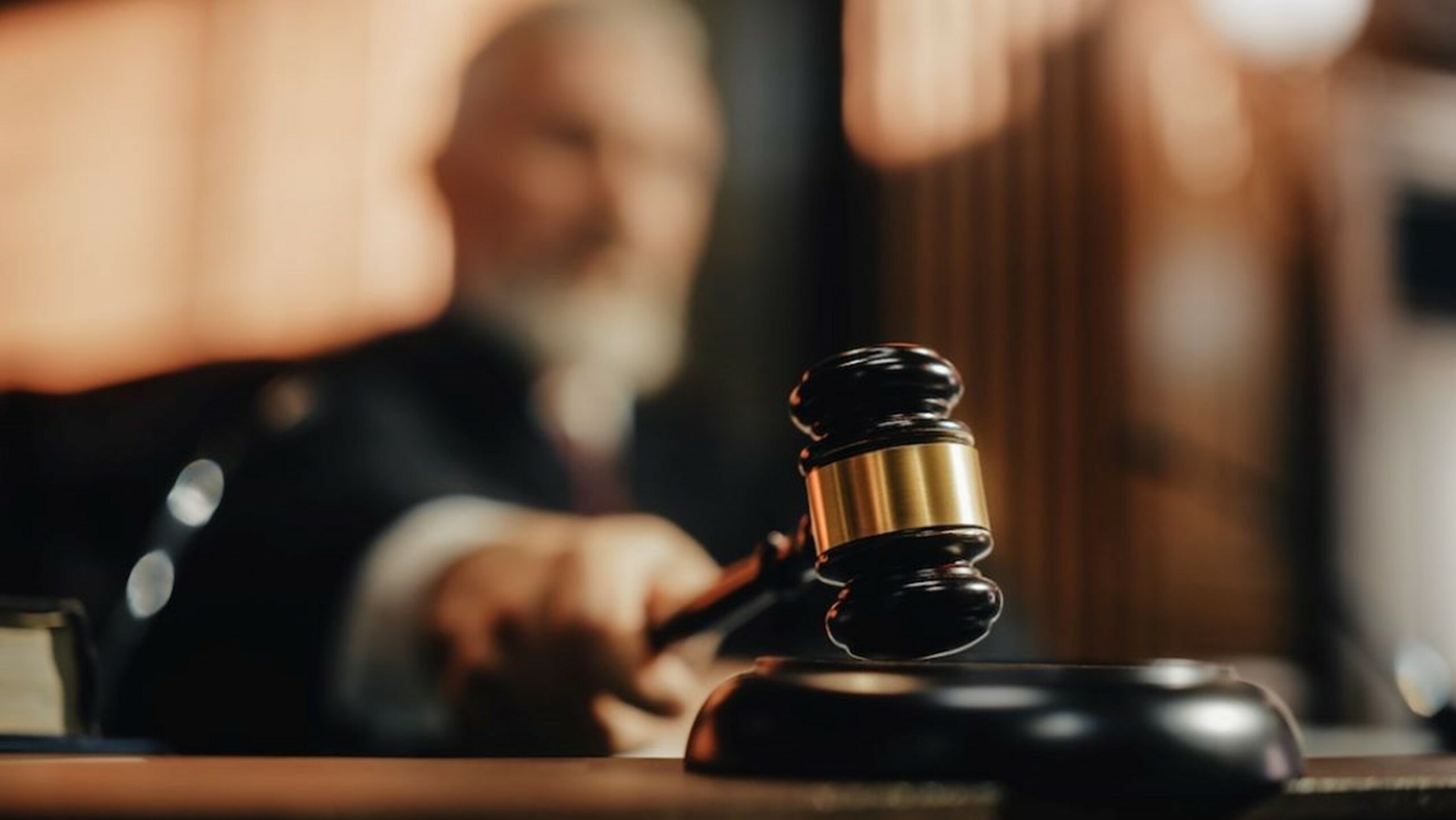
A coalition of Second Amendment groups and two private citizens have filed a long-awaited federal lawsuit challenging the constitutionality of the 1934 National Firearms Act (NFA) in a case known as Brown v. ATF.
The lawsuit was filed Friday in U.S. District Court for the Eastern District of Missouri. Plaintiffs are the Second Amendment Foundation (SAF), American Suppressor Association (ASA), National Rifle Association (NRA), Firearms Policy Coalition (FPC), Prime Protection STL Tactical Boutique and two private citizens, Allen Mayville and Christ Brown, for whom the lawsuit is named. They are represented by attorneys David H. Thompson, Peter A. Patterson and Nicholas A. Varone at Cooper & Kirk in Washington, D.C.
Defendants in this action are the federal Bureau of Alcohol, Tobacco, Firearms and Explosives (ATF) and its acting director, Daniel P. Driscoll, and the U.S. Department of Justice and Attorney General Pamela Bondi.
As explained in the 31-page complaint, “The One Big Beautiful Bill Act (“BBB”), signed into law by the President on July 4, 2025, eliminated the making and transfer taxes on suppressors, short-barreled rifles, short-barreled shotguns, and NFA-defined ‘any other weapons,’ while leaving the registration requirements intact. In other words, individuals no longer have to pay taxes for making and transferring most firearms under the NFA, but the firearms are still required to be registered and are subject to the ‘web of regulation’ that was designed to ‘aid[ ] enforcement’ of the NFA’s (now-extinct) tax. United States v. Ross, 458 F.2d 1144, 1145 (5th Cir. 1972). This regulatory regime no longer comports with Congress’s constitutionally enumerated powers. While the NFA’s regulations may have been permissible in support of the statute’s taxes on making and transferring firearms, that justification no longer remains for items whose making and transfer are no longer taxed. To the extent that the NFA imposes requirements on making, transferring, receiving, possessing, or otherwise using untaxed firearms, it cannot be justified as an exercise of any other Article I power. Accordingly, the NFA is unconstitutional as to the untaxed firearms.”
In a prepared joint statement, SAF Executive Director Adam Kraut explained, “The National Firearms Act’s registration scheme only exists to ensure that the tax on NFA firearms was paid. With Congress removing the tax on silencers, short-barreled firearms, and ‘any other weapons,’ the continued inclusion of these items in the NFA serves no purpose, except continuing to retain an impermissible hurdle to the exercise of one’s constitutional right to keep and bear arms. We look forward to relegating this unconstitutional law to the history books.”
“The National Firearms Act has infringed on law-abiding Americans’ right to keep and bear arms for nearly a century,” added John Commerford, executive director of the NRA Institute for Legislative Action. “Congress took a major step by eliminating the NFA tax on suppressors and short-barreled firearms through the OBBB, and we’re proud to work alongside other leading Second Amendment organizations to finish the job.”
Knox Williams, President and Executive Director American Suppressor Association concurred, noting, “The National Firearms Act has been a weight around the neck of law-abiding gun owners for nearly a century. With the elimination of the excise tax on suppressors, short-barreled rifles, short-barreled shotguns, and AOWs through the One Big Beautiful Bill, our lawsuit challenges the NFA as an unconstitutional registry of now untaxed firearms. Common sense and the law are on our side, and we look forward to fighting on behalf of all Americans in Federal Court.”
“The National Firearms Act isn’t just unconstitutional, it’s a tyrannical abomination,” Firearms Policy Coalition President Brandon Combs declared. “Not only does the NFA violate your Second Amendment rights, but Congress never had the lawful authority to pass it in the first place. That makes it a double abuse of power, violating both the right to keep and bear arms and the hard limits the Constitution places on the federal government. We’re proud to fight alongside our allies to end this corrupt, immoral law so peaceable Americans can exercise their rights when, where, and how they choose.”
In their complaint, the plaintiffs assert, “By forcing Plaintiffs (and their members) to comply with the NFA to possess suppressors, Defendants have burdened the right to ‘keep and bear Arms’ within the meaning of the Second Amendment’s text. As a result, ‘[t]o justify its regulation, the government . . . must demonstrate that the regulation is consistent with this Nation’s historical tradition of firearm regulation.’ Defendants cannot demonstrate any such thing.”
Additionally, the lawsuit also focuses on short-barreled rifles (SBRs), noting, “Short-barreled rifles plainly are arms under the plain text of the Second Amendment. More, they are not dangerous and unusual weapons. The Constitution therefore guarantees the right of peaceable citizens to possess and use them…Again, although irrelevant to this Court’s constitutional inquiry, statistical surveys demonstrate that short-barreled rifles are rarely used by criminals.”
Several lines later, the lawsuit adds, “There is no constitutionally relevant difference between what the government unconstitutionally regulates as ‘short-barreled rifles’ and other rifles that all agree are protected arms. Just like other rifles, short-barreled rifles are popular and commonly possessed for lawful purposes such as self-defense, proficiency training, hunting, competition, and collecting, and they are lawful to possess and use in the vast majority of states now and historically.
“Because suppressors and short-barreled rifles are not dangerous and unusual weapons,” the complaint details, “they are protected by the Second Amendment. And there is no historical tradition that would support the NFA’s all-encompassing registration scheme for suppressors, short-barreled rifles, or any other protected arm.”
The lawsuit seeks to enjoin enforcement of the NFA.